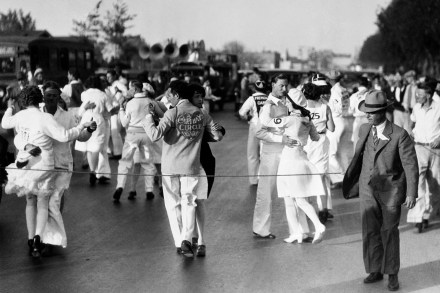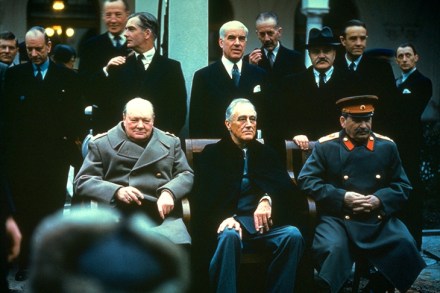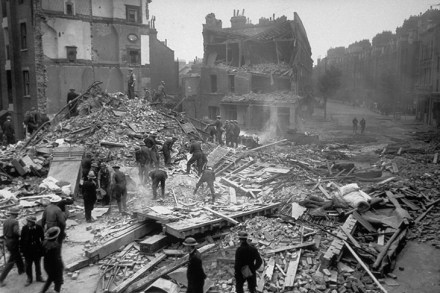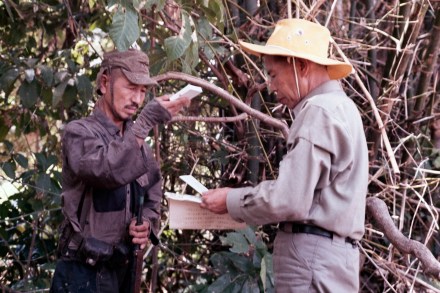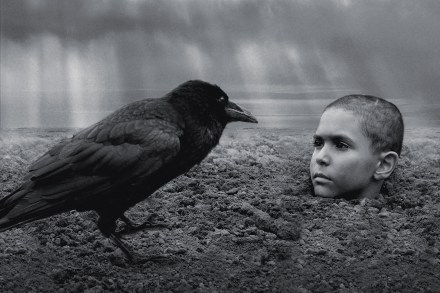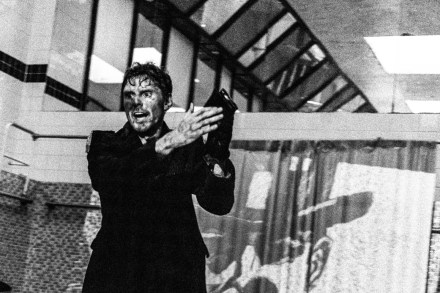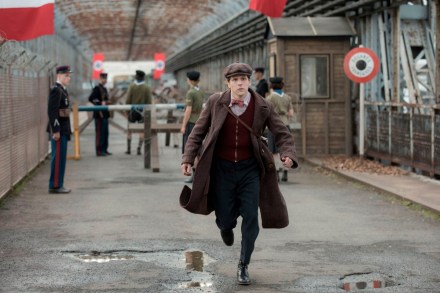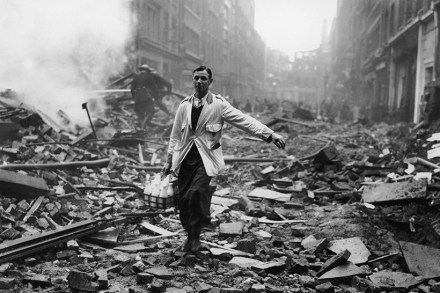The dark history of dance marathons
On 31 March 1923, Alma Cummings put her feet into a bowl of cold water. Then, tired-eyed but smiling obligingly for the photographer, she held up her dancing shoes. There were holes in both soles. Cummings had just finished a 27-hour stint of waltzing at a Manhattan ballroom, wearing out not just her shoes, but six male partners in the process. The dance instructor was one of the Americans responsible for a strange cultural phenomenon that swept the United States over the next two decades — dance marathons. Cummings’s record was soon beaten and within a few years promoters were organising public competitions across the States in which couples danced
